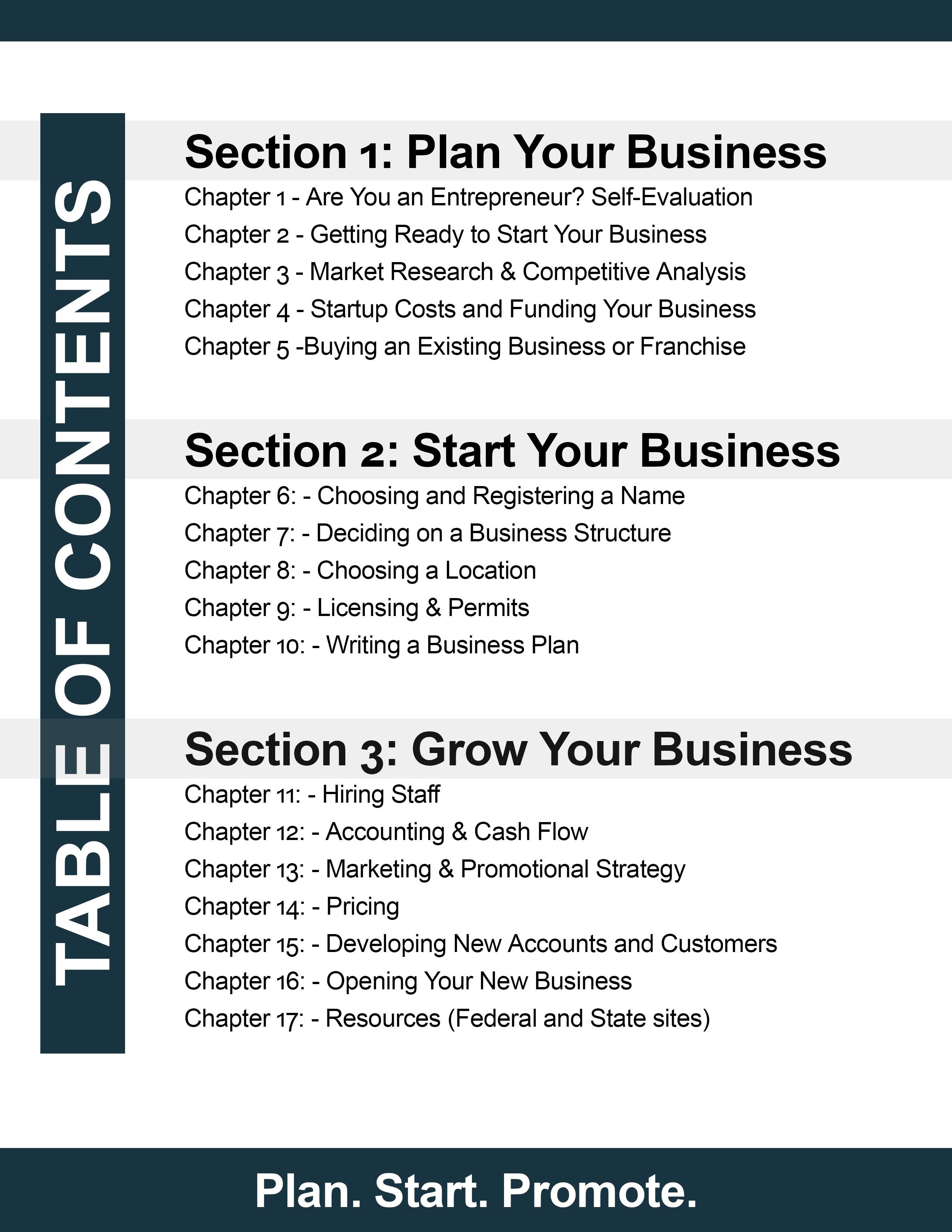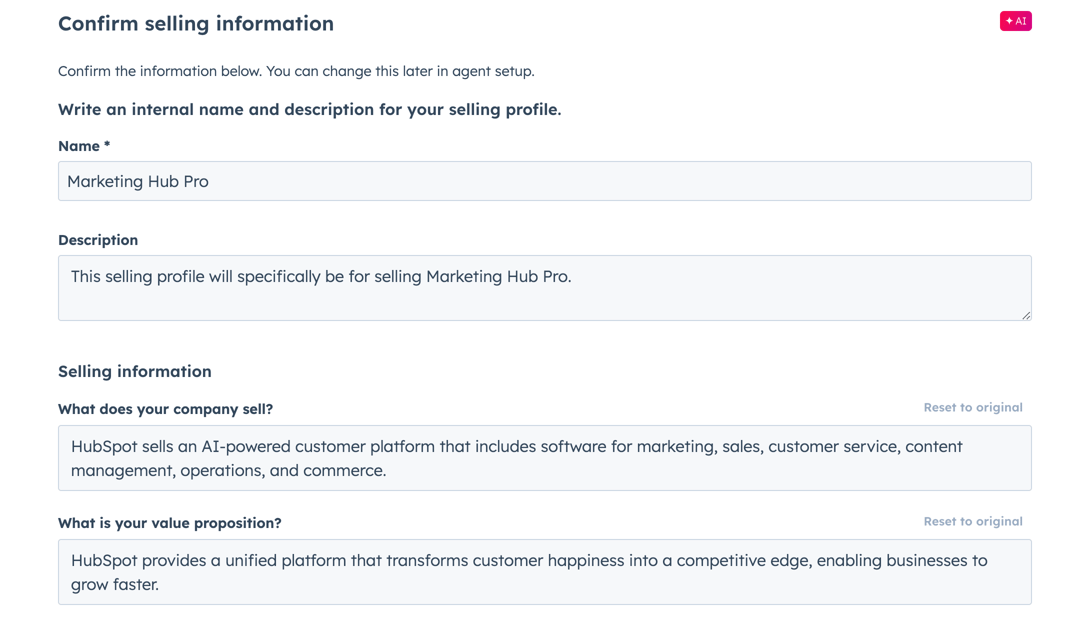5 Tips Startup Kit

Launching a startup is a complex and challenging endeavor, fraught with obstacles and uncertainties. However, with the right mindset, strategies, and tools, entrepreneurs can navigate these challenges and set their ventures on the path to success. Here are five essential tips to consider when building your startup, each designed to address a critical aspect of the entrepreneurial journey.
1. Define Your Niche and Understand Your Market
Before diving into the world of startups, it’s crucial to define your niche and have a deep understanding of your market. This involves identifying a specific problem or need in the market that your product or service can solve. Conduct thorough market research to understand your target audience’s preferences, behaviors, and pain points. This research will be the foundation upon which you build your business strategy, including your product development, marketing approach, and customer service model.
Key Actions:
- Conduct Market Surveys: Engage directly with potential customers through surveys, interviews, or focus groups to gather insights.
- Competitor Analysis: Study your competitors to understand their strengths, weaknesses, and strategies.
- Market Trends Analysis: Keep an eye on current and emerging trends in your industry to stay ahead of the curve.
2. Build a Strong Team
The success of a startup heavily depends on the team behind it. Assembling a team with diverse skills, experiences, and perspectives can provide your startup with the versatility and resilience needed to overcome challenges. When hiring, look for individuals who not only bring the necessary expertise but also share your vision and values. A strong, motivated team can drive innovation, improve productivity, and foster a positive company culture.
Key Actions:
- Define Roles Clearly: Ensure each team member understands their responsibilities and how their role contributes to the overall mission.
- Foster Open Communication: Encourage an environment where feedback is valued, and collaboration is seamless.
- Invest in Team Development: Provide opportunities for training, workshops, and mentorship to help your team grow professionally.
3. Develop a Scalable Business Model
A scalable business model is one that can be easily expanded or modified as the business grows without compromising its efficiency or profitability. This involves designing systems, processes, and technologies that can adapt to increased demand or changes in the market. It’s also about ensuring that your revenue streams are robust and can support growth.
Key Actions:
- Flexible Infrastructure: Invest in technologies and platforms that can scale with your business.
- Efficient Operations: Streamline your operations to minimize waste and maximize output.
- Continuous Feedback Loop: Establish mechanisms to collect customer feedback and use it to iterate and improve your offerings.
4. Leverage Digital Marketing
In today’s digital age, having a strong online presence is crucial for startups. Digital marketing offers a cost-effective way to reach a wide audience, build brand awareness, and drive sales. Strategies can include social media marketing, content marketing, SEO, and PPC advertising. Each of these channels can be tailored to fit your startup’s specific needs and budget.
Key Actions:
- Content Creation: Develop a content strategy that speaks to your target audience and provides value.
- Social Media Engagement: Use social media platforms to engage with your audience, share your story, and build a community.
- Analytics and Optimization: Use data analytics tools to measure the effectiveness of your digital marketing campaigns and make data-driven decisions to optimize them.
5. Stay Agile and Adaptable
The startup ecosystem is highly dynamic, with trends, technologies, and consumer preferences changing rapidly. To survive and thrive, startups need to be agile and adaptable. This means being open to pivoting your business model or product offerings based on customer feedback and market conditions. It also involves embracing a culture of experimentation and continuous learning.
Key Actions:
- Regular Review Sessions: Hold regular review sessions to assess progress, discuss challenges, and plan adjustments.
- Customer Feedback Integration: Actively seek and integrate customer feedback into your product development and business strategy.
- Innovation Time: Allocate time and resources for experimenting with new ideas and technologies.
Conclusion
Building a successful startup is a journey that requires careful planning, execution, and adaptation. By defining your niche, building a strong team, developing a scalable business model, leveraging digital marketing, and staying agile, you can set your startup on a path towards achieving its goals. Remember, the key to success often lies in the ability to navigate uncertainties, learn from failures, and continuously innovate and improve.
How do I know if my startup idea is viable?
+To determine if your startup idea is viable, conduct thorough market research, analyze your competition, and assess the potential market size and demand for your product or service. Additionally, consider seeking feedback from potential customers and industry experts.
What are the most important qualities of a successful startup team?
+A successful startup team should possess a combination of skills, experiences, and perspectives. Key qualities include a shared vision, strong communication skills, adaptability, resilience, and a willingness to learn and innovate together.
How can I scale my startup effectively?
+To scale your startup effectively, focus on building scalable systems and processes, investing in the right technology, and ensuring that your business model can adapt to increased demand without compromising efficiency or profitability. Continuous monitoring and adjustment of your strategies are also crucial.
